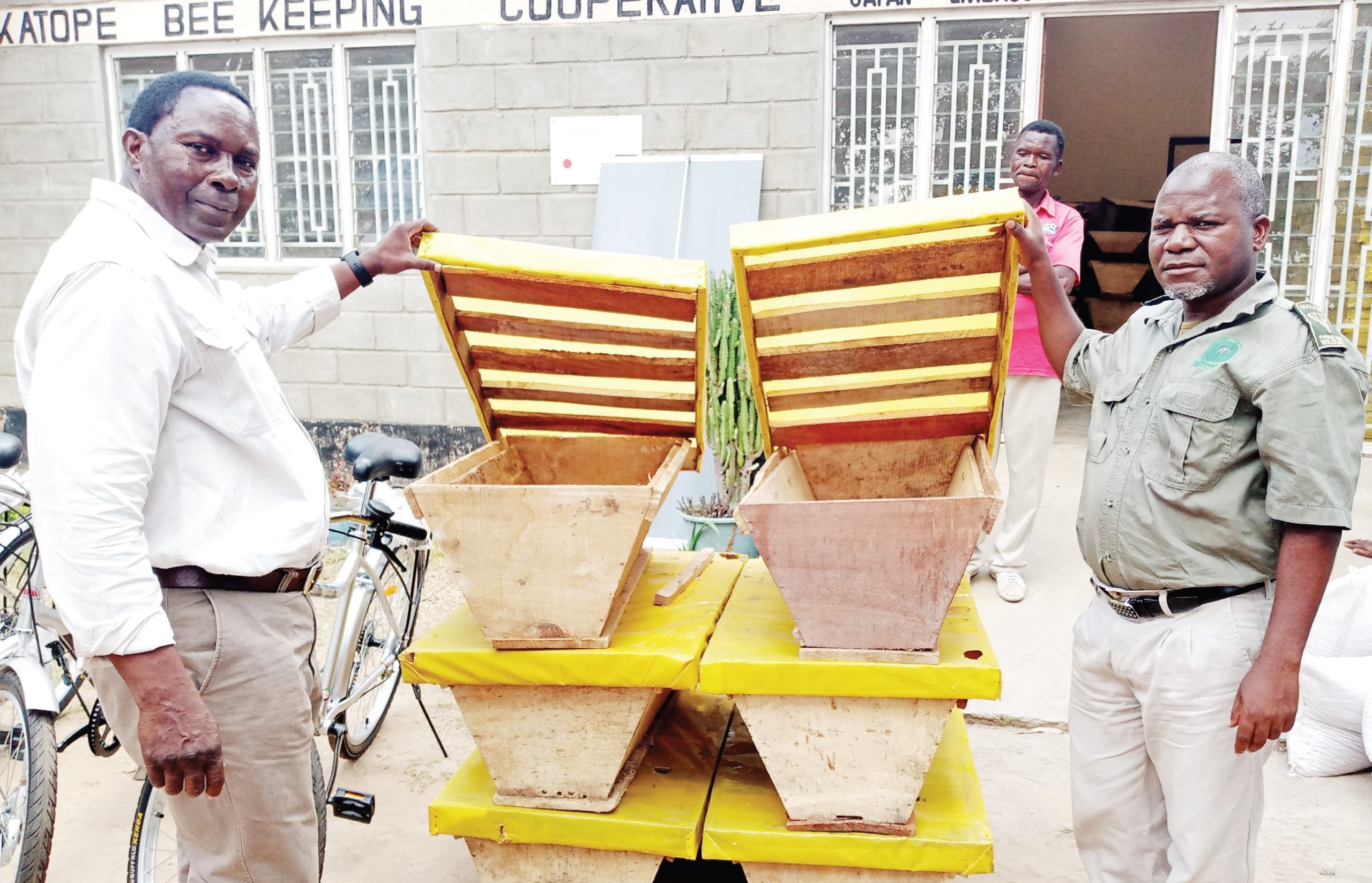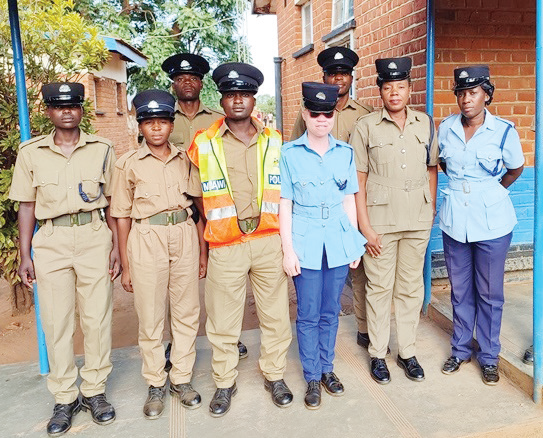Malawi sitting on gold
Misuku’s Achilles Hill is a case of a neglected tourism hot spot that attracted only 50 tourists in 2016. But more can be done to woo more visitors to Misuku as our reporter BOBBY KABANGO argues in this article.
You could not resist the chirping sounds of birds in the early hours of the morning. The chorus, punctuated by silence, dramatises the timeless beauty and biodiversity of this place. While outside, the beauty transcends the mind and it is easy to understand why I braved the biting cold to get a glimpse of this heart stopping beauty.
At Misuku Hills in Chitipa District, the northern part of Malawi, colourful birds sing choruses in a mythical way. Despite the beauty, Misuku Hills has largely been ignored. To get there, one requires a four-wheel drive and sufficient supplies, including fuel and food.
The only guest house doubles as home for Mzuzu Coffee Cooperatives workers. Regional tourism officer for the north, Michael Chigaga told me that more needs to be done to develop eco-tourism at Misuku hills.
Poor roads from Kapoka to Misuku turn away potential tourists, he says.
“It is a distance that can take you a one-hour drive, but due to the bad road, it is taking us three hours,” he said, explaining that a visitor has to come back to Chitipa Boma to look for a place to eat and sleep.
“That is not easy, soon it will be a bad place to visit because of cutting down of trees,” he said, in reference to the ongoing deforestation in the area.
In his view, Misuku hills have all it takes to attract tourists. “The culture is quite diverse,” he explains. Inhabitants of this area speak 21 languages, which explains diversity in the area. Misuku hills also offers a diverse species of animal and plant life, adding that the bamboos and a rare species of monkey—the garligo, makes this place a unique place to visit.
“I have never heard where we can find them apart from Misuku,” he adds. Despite its diversity, Misuku’s Achilles’ hill is its inaccessibility, attracting the least number of tourists.

Government admits that poor infrastructure has discouraged tourists from visiting Misuku hills, which is estimated to be 1 591 metres above the sea level.
Official figures from the department of tourism puts the number of tourists to Misuku hills at 50 in 2016 raising K324 000 out of a total of 850 000 tourists who visited the country during the same period raising total revenue of K221 billion.
If well managed, Misuku can be an international destination for bird watchers. A report by Bird Life International Data Zone says over 100 species of birds have been recorded in Misuku Hills Forest Reserves, a good news recorded in the Southern Africa.
This means Misuku is an internationally recognised Important Bird Area (IBA). The place boasts rare species such as bats, flying squirrels, rodents and millions of magnificent butterflies.
“These are things that attract tourists but with the current situation, only few can visit,” adds Chigaga.
Tourism director Isaac Katopola agrees with Chigaga and adds that the area’s unique selling point includes its ‘beautiful landscape, small wildlife, bird watching, butterflies, bee keeping and best home to the famous Mzuzu coffee.’
Much like Chigaga, he regrets the poor roads in the area. “However, there is need to undertake some basic tourism investment and support infrastructure to benefit from eco-tourism potential. Misuku is ideal for nature loving tourists,” he said.
Katopola added that his department is planning to undertake, a prefeasibility study on available tourism resource base and also promote the development of suitable accommodation units to tourism investors.
“We also need to develop suitable promotional materials for Misuku. There is also need to work on the 28 kilometers from the M1 to Misuku. There is also need to step up on conservation of trees as there is a lot of export of timber to Tanzania.”
Sustainable Rural Growth and Development Initiative (SRGDI), a conservation watchdog based in Malawi said it is working on raising awareness about the area.
“We are interested in Misuku hills since it is one of the key biodiversity area,” its director, Maynard Nyirenda said.
Nyirenda explains that SRGDI is engaging painters, film makers, sculptors and photographers to help them in raising the much needed awareness, especially in the Eastern Afro-Montane Region, which he said comprises a discontinuous and divided chain of mountains that extend from the north in Saudi Arabia through Ethiopian, Kenya, Tanzanian, Malawi, and Mozambique to Zimbabwe.
“Our long-term objective is to have Misuku hills Forest Reserve well conserved, promote tourism culture and increase income for local communities in Misuku. We would like to make the place a bird tourism destination in order to bring in revenue for its sustainable management,” said Nyirenda.
After his efforts, Nyirenda is aiming to see at least K2.4 million a year worth of revenue generated from tourists visiting the hills. He said to achieve this, government should regulate the area and end deforestation in the area and increase investment in conservation. “This will help conserve unique biodiversity and help generate forex and reduce poverty in the Misuku hills.”
SRGDI is a non-profit organisation that is raising awareness and mobilise government and other stakeholders invest in conservation, tourism and livelihoods in Misuku hills.
The undeveloped infrastructure at Misuku provides a stark contrast to some previously inhabitable tourism destinations in Botswana such as the Okavango Delta in northern Botswana. While maintaining its eco-tourism, the Delta has five star lodges and a developed air transport system to transport tourists into the area. The sector is a major revenue earner, second only to diamonds, and contributes over 12 per cent to the GDP.
*INK Centre for Investigative Journalism, a non-profit newsroom to develop investigative journalism in Botswana, produced this story in collaboration with the Centre for Investigative Journalism Malawi.






This is an eye opener for us. We must utilize our given by God resource. Thumb to Bobby for the in-depth story, Keep in up!!!